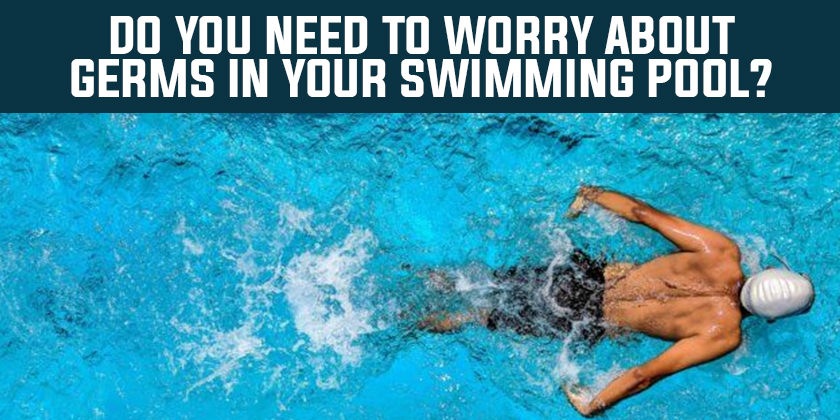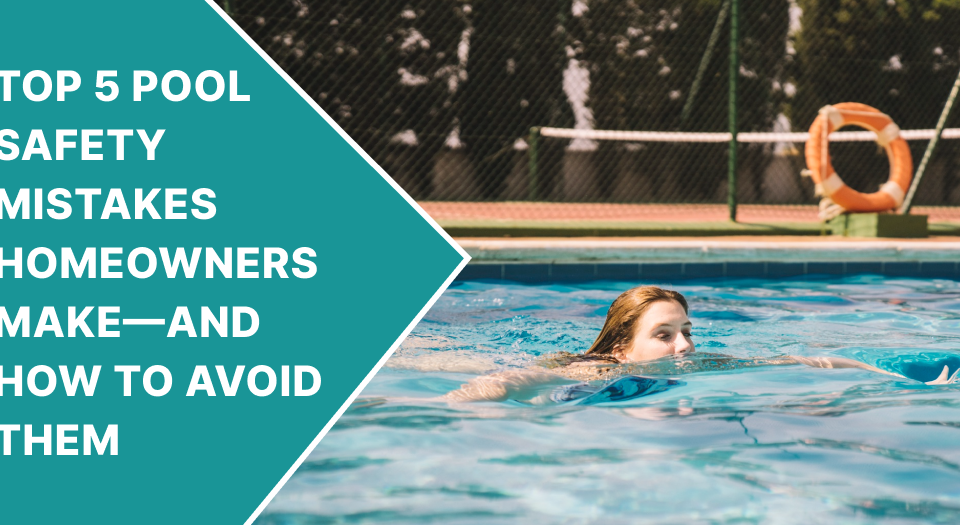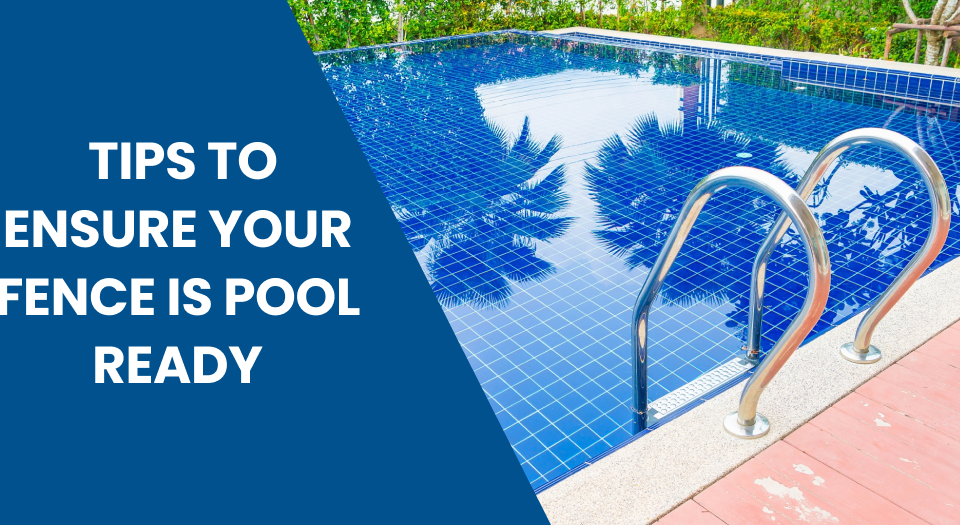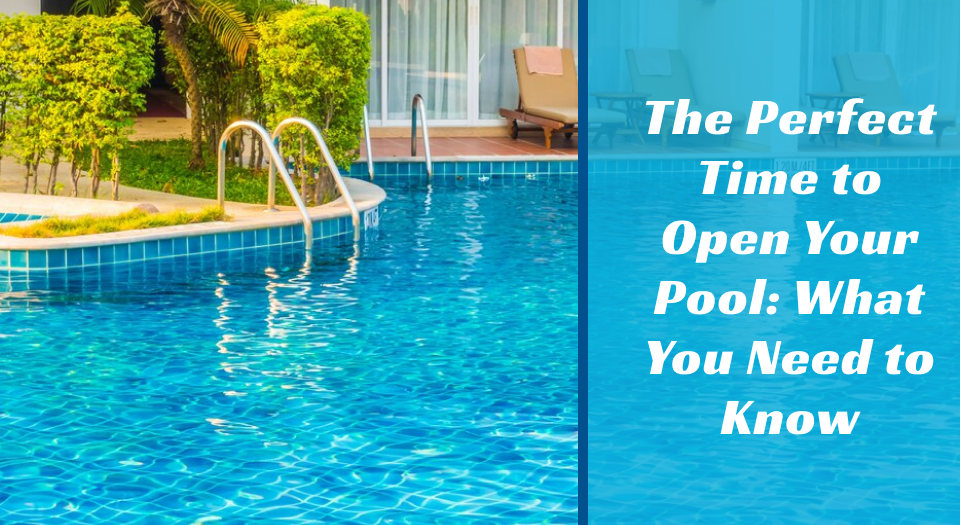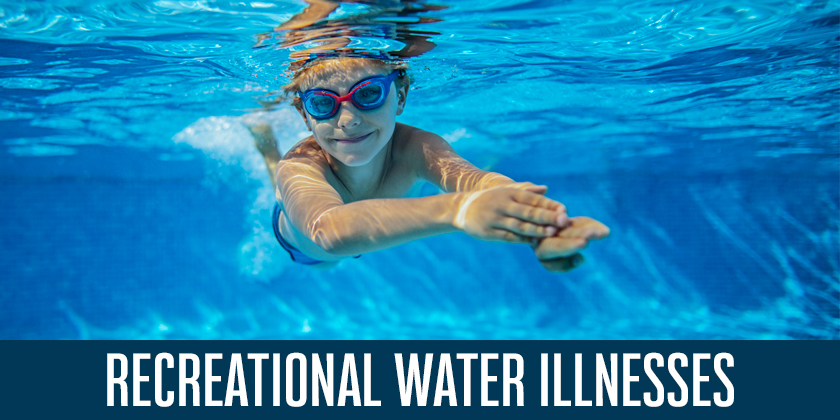
Steps To Prevent Recreational Water Illnesses In The Swimming Pools
November 2, 2020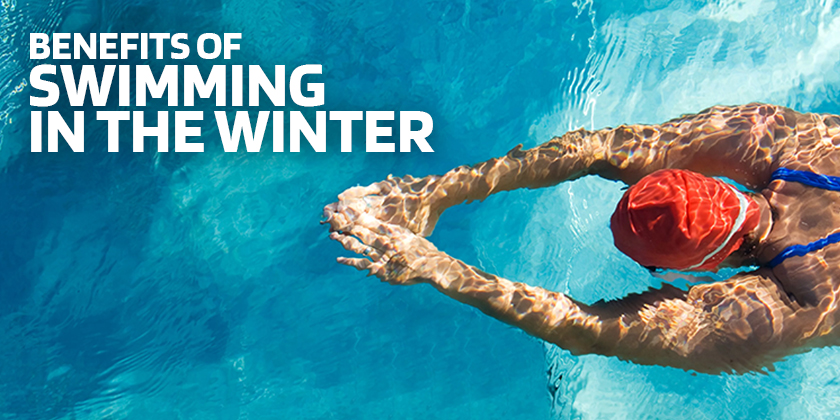
Is It Okay To Swim In The Winter?
December 2, 2020Before you and your family make a plan to swim, you must ensure that the swimming pool is ready and safe. Swimming in the dirty pool water can lead to recreational water illnesses. This is why it’s important to clean and maintain a swimming pool to prevent getting sick while swimming.
How can you get sick in the swimming pool water?
Recreational water illnesses can occur due to germs that can grow and survive in swimming pools, hot tubs, oceans, lakes, rivers, water parks, and splash pads. You can get infected with these illnesses by either swallowing, coming into contact with, or breathing in aerosolized mists of germ-containing water.
Some common recreational water illnesses are:
- Skin infection, such as rashes
- Shortness of breath by breathing in a mist of germs
- Diarrhea
- Swimmer’s ear
Diarrhea is the most common reported recreation water illness. It is caused by germs such as norovirus, E. coli, and Cryptosporidium. If a person with diarrhea enters the swimming pool, the entire pool water can get contaminated. Swallowing contaminated water can make other swimmers sick.
You can reduce the risk of recreational water illness by properly cleaning and maintaining your swimming pool.
Maintain pH and chlorine levels to prevent recreational water illness
Proper pool maintenance is not just about skimming leaves and brushing away algae; you must regularly check your pool’s chlorine and pH levels — especially during the times your pool is most frequently used.
Chlorine is used as a disinfectant to kill germs in the swimming pool water. According to the CDC recommendations, you should maintain a free chlorine level of 1ppm in your pool and 3ppm in hot tubs. Also, remember, chlorine alone is not enough to keep your pool clean. Chlorine works well if the pH level of your pool water is right. According to the CDC recommendations, the pH level of your pool should be between 7.2 and 7.8.
- If the pH level of pool water is below 7, it can lead to pipe corrosion.If the pH level of pool water is above 8, chlorine is much less effective at killing germs.
Make sure to check your pool water’s pH and chlorine levels to keep your swimming pool clean and prevent recreational illnesses.
The next thing you must keep in mind is that chlorine takes time to kill germs. There is no doubt that chlorine can kill most bacteria in less than a minute; however, other germs can take time to get killed. For instance, Crypto ( a germ that causes diarrhea) can survive as long as ten days in a properly chlorinated pool. So it’s crucial to take necessary precautions whether you’re swimming in your backyard swimming pool or the public swimming pool (used by the entire community). It would also be best to take various other recreational water illness precautions (such as educate your kids and other family members, prepare an emergency plan, and more) to stay safe.
Besides taking precautions as mentioned above, make sure to stay safe at the swimming pool by supervising your kids and pets, installing pool fence around the swimming pool, installing alarms at the pool doors, and installing pool safety signs to prevent slips and falls, etc.
Want to know more about recreational water illnesses, do let us know!

